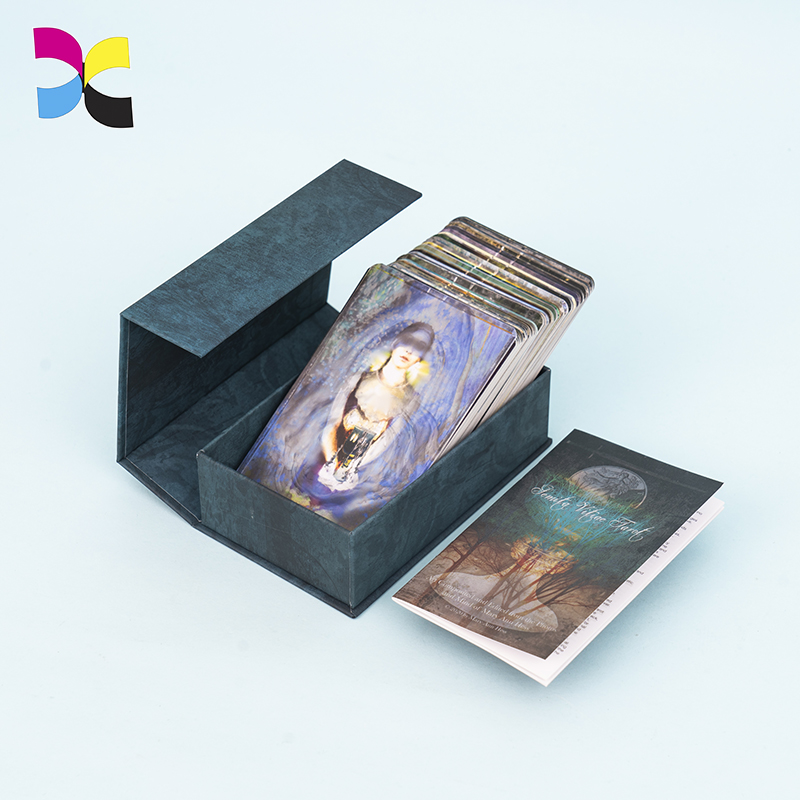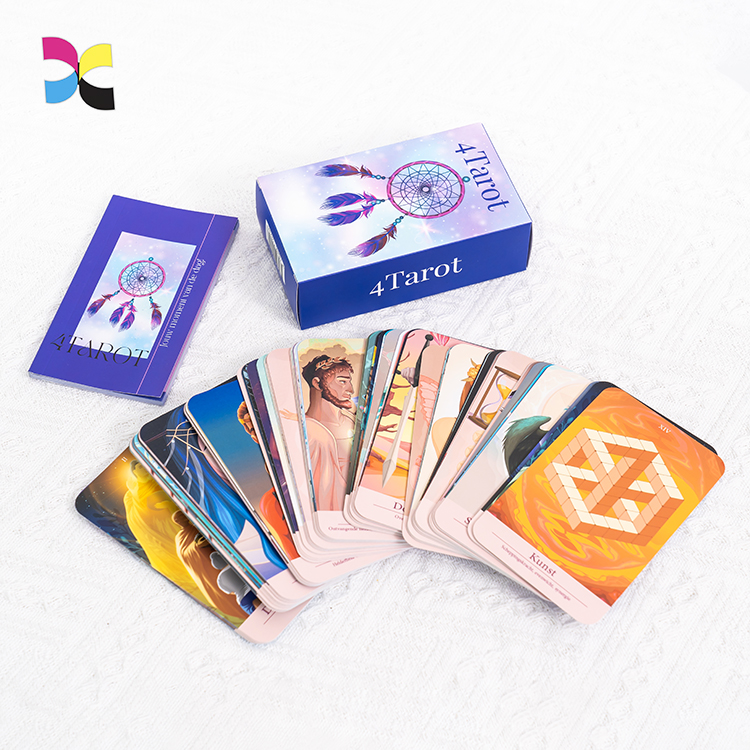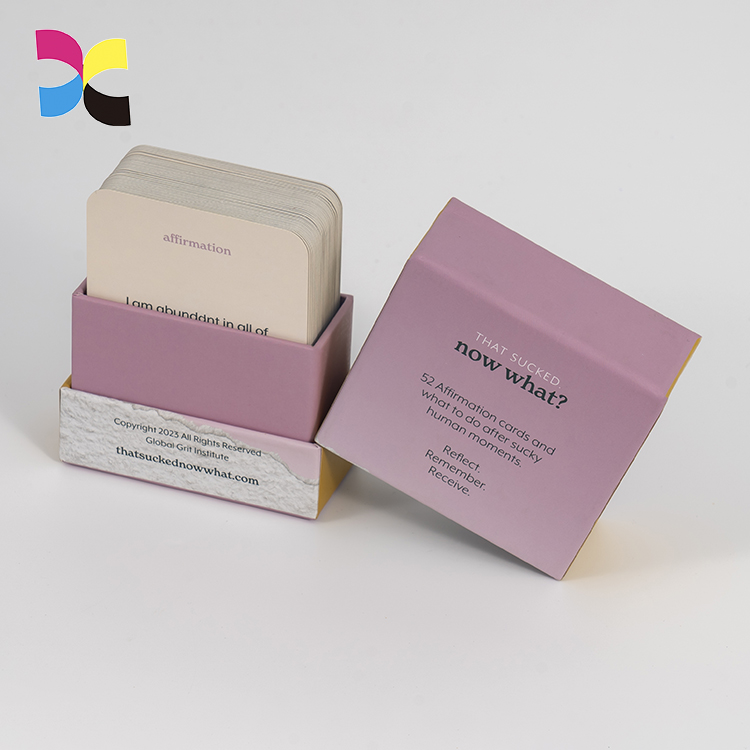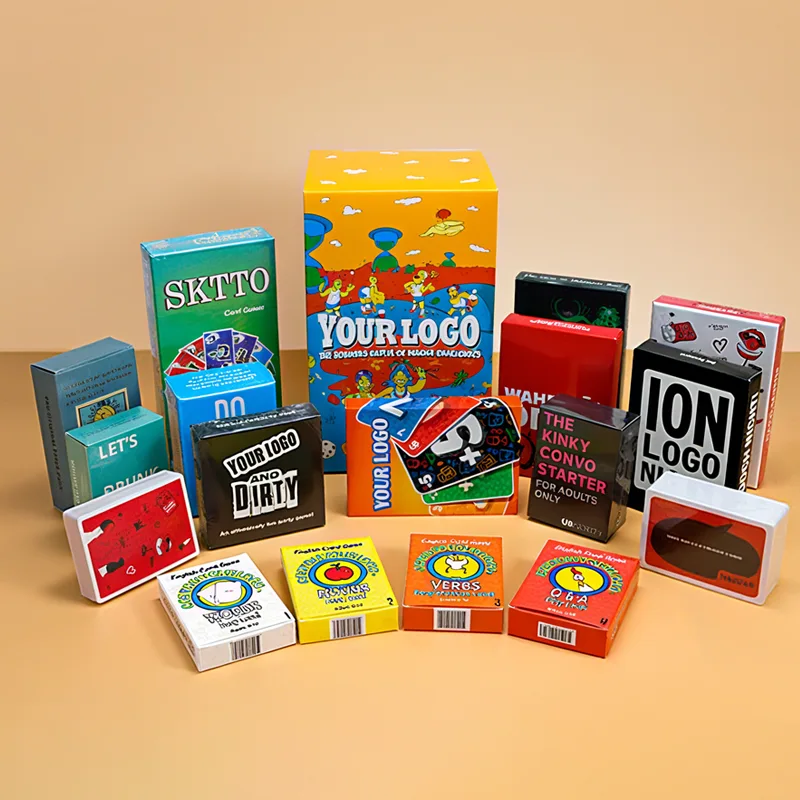오늘날 시장에는 트레이딩 카드, 보드 게임 데크부터 플래시 카드, 프로모션 카드까지 다양한 유형의 카드가 있습니다.. 디자인이 종종 주목을 받는 반면, 아래의 재료도 마찬가지로 중요합니다. 카드지에 따라 질감이 달라집니다, 내구성, 그리고 전문성 수준. 그 중, 블랙 코어 카드지 시각적 매력과 지속적인 품질을 모두 요구하는 프로젝트에 선호되는 옵션이 되었습니다..
이 기사에서, 흑색 코어 카드지가 무엇인지 정의하겠습니다., 주요 기능을 강조, 다른 인기 옵션과 비교해보세요, 가장 일반적으로 사용되는 위치를 설명합니다.. 당신이 디자이너라면, 출판사, 또는 커스텀 카드 프로젝트를 계획하고 있는 분, 이 가이드는 블랙 코어가 귀하에게 적합한 선택인지 이해하는 데 도움이 될 것입니다.
Black Core Cardstock이란 무엇입니까??
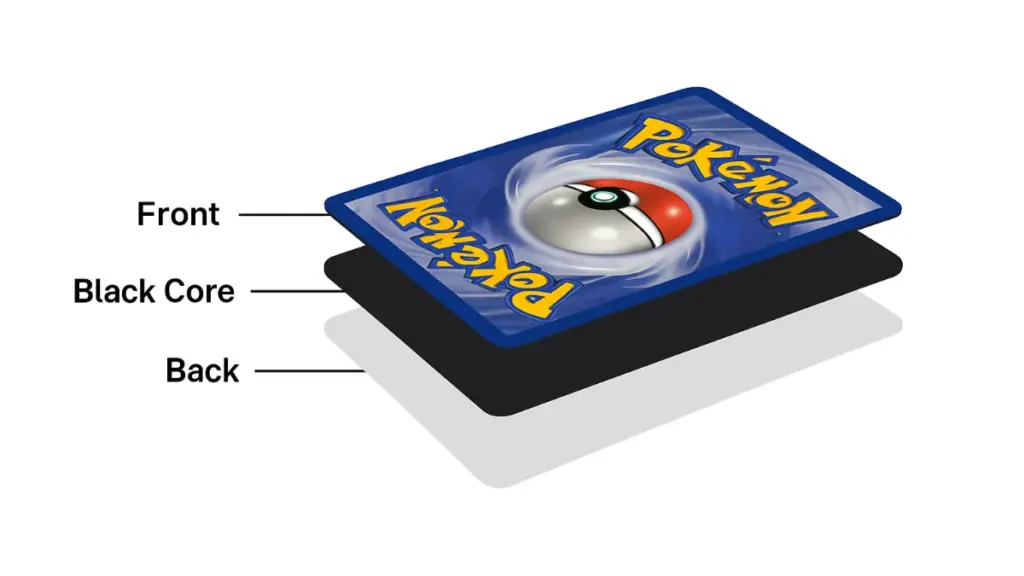
검정색 코어 카드지는 인쇄 가능한 두 개의 외부 시트 사이에 단단한 검정색 내부 레이어가 있는 다층 판지 유형입니다.. 이 독특한 구조는 카드에 깔끔한 느낌을 줍니다., 빛이 통과하는 것을 방지하는 동시에 전문적인 가장자리. 다시 말해서, 카드를 불투명하게 만들어요, 사용 중에 뒷면에 인쇄된 내용이 보이지 않도록 합니다..
고급스러운 외관과 안정적인 성능을 동시에 요구하는 제품에 널리 사용되는 소재입니다., 트레이딩 카드 게임과 같은, 전문 보드 게임, 그리고 수집용 덱.
블랙 코어 카드지의 주요 특징
전문 카드 제조업체가 검정색 코어 카드지를 선호하는 이유를 알고 싶다면, 그런 다음 먼저 핵심 기능을 살펴보세요.:
높은 두께와 강성
검정색 코어 카드지는 일반적으로 300~400gsm 사이입니다., 일반 카드지에 비해 눈에 띄게 단단하고 단단한 느낌을 줍니다.. 이 수준의 두께는 안정성을 제공할 뿐만 아니라 카드가 평평하게 유지되고 휘어짐이 방지됩니다.. 트레이딩 카드용, 포커 데크, 그리고 보드게임 세트, 이러한 강성은 셔플링을 더 부드럽게 만들고 카드를 더 오랫동안 플레이 가능한 상태로 유지합니다..
높은 불투명도
검정색 코어 카드지의 가장 큰 특징은 탁월한 불투명도입니다.. 단단한 검정색 중간층은 빛이 통과하는 것을 차단합니다., 공정성이 중요한 카드 게임에서는 매우 중요합니다.. 플레이어는 뒷면을 통해 카드 앞면을 볼 수 없습니다., 화이트 또는 낮은 등급 코어는 종종 보장할 수 없는 전문가 수준의 게임 무결성 보장.
깨끗한 가장자리 은폐
가장 눈에 띄는 장점 중 하나는 매끄러운 가장자리 마감입니다.. 검정색 내부 레이어 때문에, 카드의 절단된 가장자리가 균일하고 세련되게 보입니다., 표준 카드지에서 흔히 볼 수 있는 산만한 흰색 선 없이. 이 미묘한 디테일은 카드에 고급스러운 느낌을 더해줍니다., 특히 어두운 테마나 고급스러운 디자인의 경우.
강한 내구성
무거운 취급을 견딜 수 있도록 제작됨, 검정색 코어 카드지는 굽힘에 강함, 주름잡기, 표준 코어보다 찢어짐이 더 좋습니다.. 반복적으로 섞거나 자주 사용한 후에도, 카드의 모양과 모양이 유지됩니다.. 이러한 내구성으로 인해 오래 지속되는 품질을 중시하는 전문 출판사와 수집가 모두가 선호하는 선택이 됩니다..
블랙 코어 vs 블루 코어 vs 화이트 코어: 주요 차이점
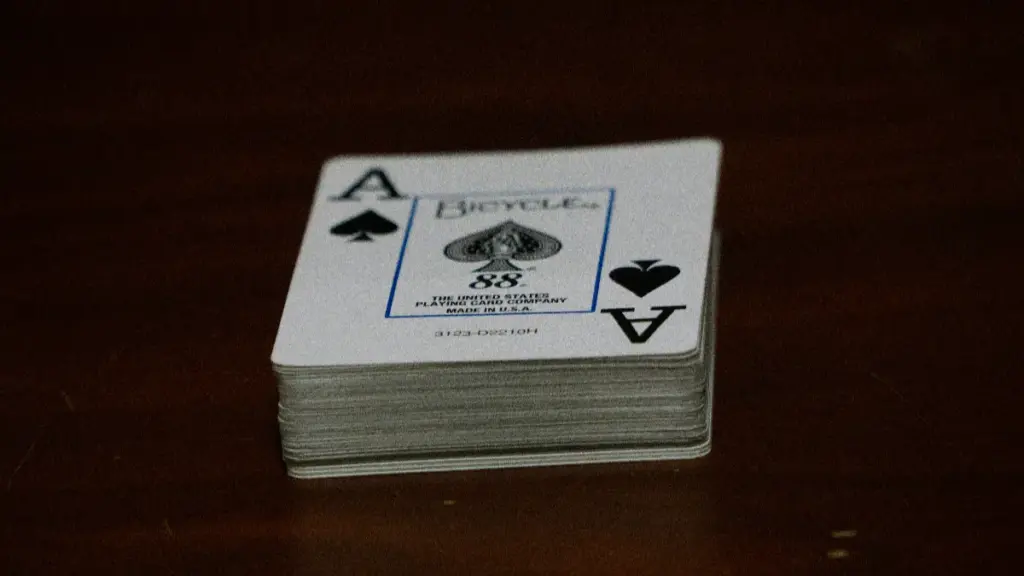
맞춤형 카드용 카드지를 선택할 때, 가장 일반적인 세 가지 옵션은 블랙 코어입니다., 블루 코어, 그리고 화이트 코어. 다음은 주요 차이점을 이해하는 데 도움이 되는 명확한 비교입니다..
| 특징 | 블랙 코어 카드지 | 블루 코어 카드지 | 화이트 코어 카드지 |
| 코어 레이어 | 단색 검정색, 불투명한 중심 | 얇은 파란색 중앙 레이어 | 컬러 코어 없음, 일반 흰색 센터 |
| 불투명 | 우수 – 빛을 완전히 차단합니다. | 보통 – 일부 빛 투과율 감소 | 낮음 - 빛이 통과할 수 있음 |
| 내구성 | 높음 - 굽힘 및 주름 방지 | 중간 - 가벼운 사용에서 중간 정도 사용에 적합 | 낮음 - 무거운 취급으로 인해 빨리 마모됨 |
| 두께 (GSM) | 300–400gsm, 확고하고 안정적인 | 280–330gsm, 블랙 코어보다 가볍다 | 250–300gsm, 가장 부드러운 옵션 |
| 가장자리 모양 | 깨끗한, 원활한 검은색 가장자리 | 가장자리에 약간의 파란색 색조가 있음 | 흰색 가장자리, 절단 후 쉽게 볼 수 있음 |
| 일반적인 용도 | 프리미엄 트레이딩 카드, 수집 가능한 카드 데크, 보드 게임, 교육용 플래시카드 | 표준 카드 놀이, 보급형 트레이딩 카드, 학습 카드 | 예산 친화적인 데크, 프로토타입, 프로모션 카드 |
귀하의 카드가 어떤 종류의 카드지를 사용하는지 궁금하시다면, 한 가지 빠른 방법은 카드를 반으로 찢는 것입니다.. 검정색 코어 카드는 짙은 검정색 내부 레이어를 드러냅니다., 파란색 코어 카드에는 가는 파란색 선이 표시됩니다., 흰색 코어 카드는 내부가 평범한 흰색입니다..
카드 산업에서 흑색 코어 카드지의 일반적인 응용 분야
흑색 코어 카드지는 다목적이며 카드 산업의 여러 분야에서 높은 인기를 얻고 있습니다.. 다음은 주요 용도 중 일부입니다.:
거래 카드
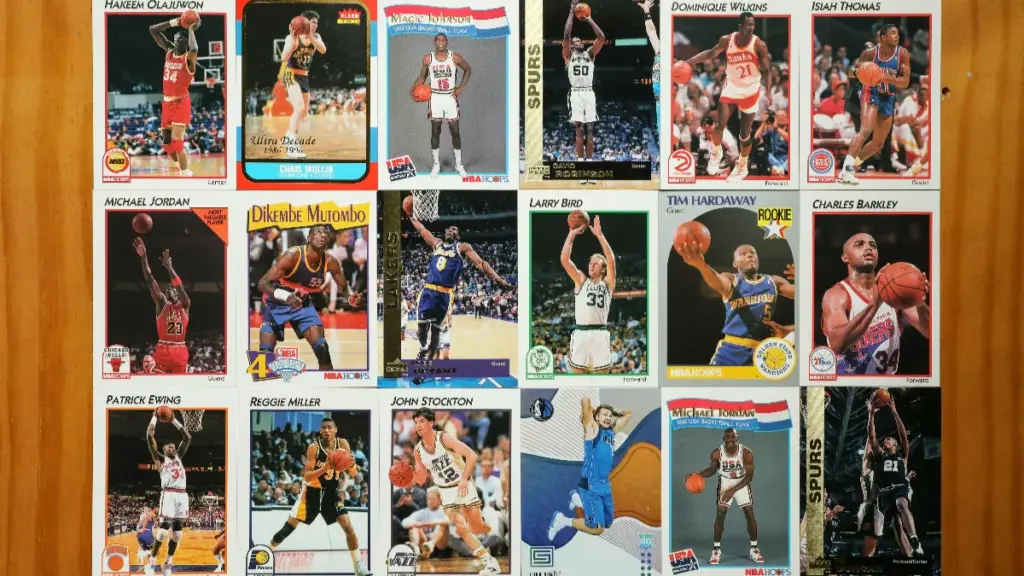
을 위한 수집품 및 트레이딩 카드, 외모가 전부다. 가장자리 은폐로 전문적인 외관 보장. 수집가는 종종 사소한 세부 사항으로 카드를 판단합니다., 검은색 코어 가장자리는 더 높은 인지 가치에 기여합니다.. 매직에 사용되는 것과 같은 프리미엄 트레이딩 카드: The Gathering 또는 Pokemon 프리미엄 에디션에는 종종 검은색 코어 레이어가 포함되어 있습니다..
보드 게임 카드
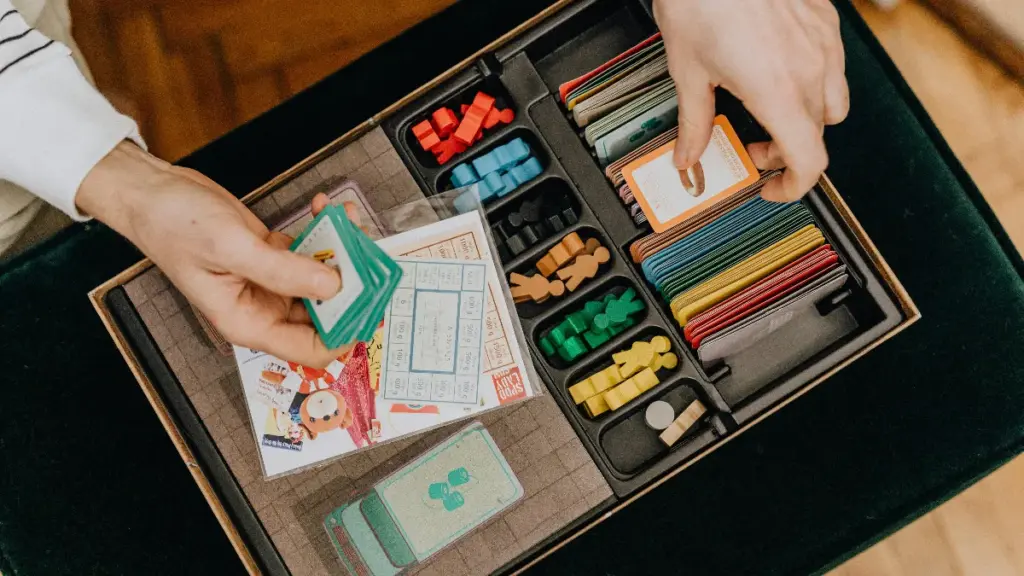
많은 현대 보드 게임 카드 핵심 게임플레이 구성요소입니다. 검정색 코어 카드지는 미적 특성과 내구성을 모두 향상시킵니다.. 게임 퍼블리셔는 "고스팅"을 방지하기 때문에 블랙 코어를 선호합니다.,” 카드 반대편의 인쇄가 살짝 비치는 현상. 이는 양면 디자인이나 어두운 색상의 카드 게임에 특히 중요합니다..
플래시카드 및 교육용 카드
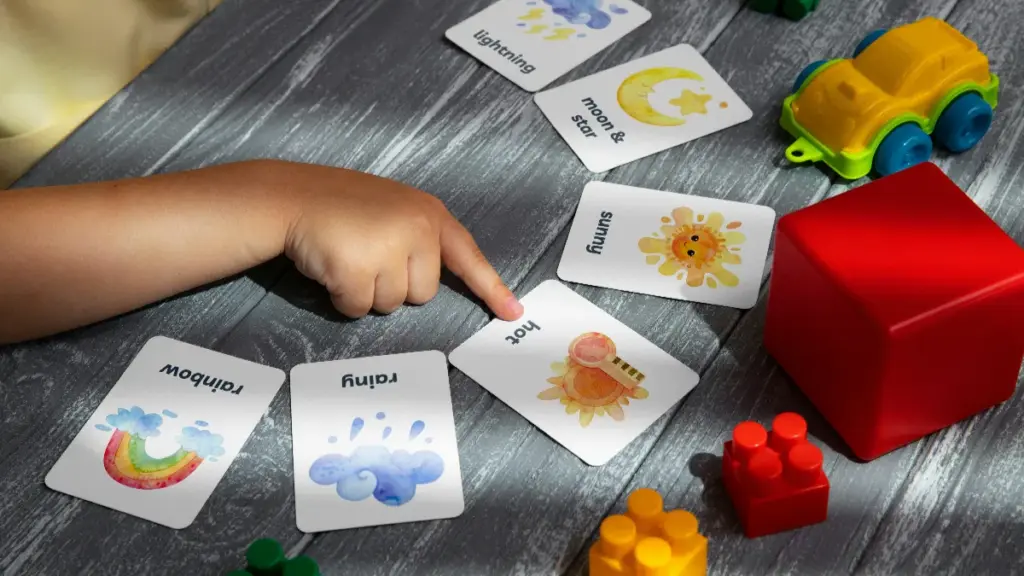
외모가 그다지 중요해 보이지 않을 수도 있지만 교육 카드, 검정색 코어 카드지는 여전히 더 나은 촉감과 오래 지속되는 내구성을 제공합니다.. 교사와 학생은 구부러지거나 가장자리가 닳지 않고 빈번한 취급을 견딜 수 있는 카드의 이점을 누릴 수 있습니다..
한정판 및 프로모션 카드
회사에서는 VIP 또는 한정판 카드에 검정색 코어 카드지를 사용하는 경우가 많습니다.. 블랙 코어가 고급스러운 느낌을 줍니다., 받는 사람이 뭔가 특별한 것을 들고 있다는 느낌을 갖게 합니다.. 예를 들어, 기업 선물이나 마케팅 캠페인을 위한 판촉용 플래시카드는 블랙 코어의 프리미엄 매력을 활용하여 인지된 가치를 향상시킵니다..
검정색 코어 카드의 인쇄 및 마감 옵션

검정색 코어 카드지는 다양한 인쇄 및 마무리 방법에 매우 적합합니다.:
오프셋 및 디지털 인쇄
오프셋 및 디지털 인쇄 방법 모두 검정색 코어 카드지에 잘 맞습니다.. 오프셋 인쇄는 비용 효율성과 일관된 색상 품질로 인해 대규모 생산에 이상적입니다.. 디지털 인쇄는 소규모 배치 또는 맞춤형 데크에 더 유연합니다., 선명한 디테일과 생생한 색상 보장.
코팅 및 라미네이트
UV 광택과 같은 코팅 추가, 무광택 광택제, 또는 소프트 터치 라미네이션으로 외관과 내구성 모두 향상. 예를 들어, 소프트 터치 라미네이션으로 벨벳 같은 느낌을 더하고 지문과 마모에 대한 보호 기능을 강화합니다.. UV 코팅으로 색상이 돋보이고 검은색 가장자리로 대비가 향상됩니다..
스팟 UV 및 포일 스탬핑
프리미엄 카드의 경우, 디자이너들은 종종 스팟 UV나 금속 포일링을 적용합니다.. 검정색 코어 카드지는 디자인에 시선을 집중시키는 대비되는 가장자리를 제공하여 이러한 효과를 향상시킵니다.. 포일 스탬핑, 특히, 어두운 엣지와 함께 사용하면 더욱 고급스러워 보입니다..
엠보싱 및 디보싱
엠보싱 (디자인을 키우다) 또는 디보싱 (디자인 들여쓰기) 촉각적, 시각적 흥미를 더해줍니다.. 블랙 코어 카드는 이러한 처리에 잘 반응합니다., 촉각적 느낌과 시각적 깊이가 모두 돋보이는 눈에 띄는 효과를 만들어냅니다..
프로젝트에 적합한 카드지를 선택하는 방법
카드 용지를 선택할 때, 다음 주요 요소를 고려하십시오:
- 카드의 목적: 카드 사용 방법 결정. 수집용 또는 전문가용 데크용, 내구성과 프리미엄 외관을 최우선으로 생각합니다. 교육용 또는 일반용 카드용, 더 가볍고 경제적인 카드지이면 충분할 수 있습니다..
- 예산: 카드지 비용은 종류와 품질에 따라 다릅니다.. 화이트 코어 옵션은 더 저렴하고 프로토타입이나 단기 프로젝트에 적합합니다.. 블랙 코어는 더 높은 안정성과 세련된 외관을 제공합니다., 이는 프리미엄 데크의 더 높은 가격을 정당화할 수 있습니다..
- 내구성 요구 사항: 카드를 얼마나 자주 사용하고 처리할지 고려하세요.. 두꺼운 카드지가 구부러짐을 방지합니다., 주름잡기, 얇은 옵션보다 가장자리 마모가 더 좋습니다..
- 시각 및 촉각 경험: 카드의 느낌과 모양은 사용자 인식에 영향을 미칩니다.. 블랙 코어는 깨끗한 느낌을 제공합니다., 매끄러운 가장자리와 매끄러운 표면, 심미성과 핸들링 모두 향상.
전문 맞춤형 카드 제조사와 제휴
블랙 코어 카드를 생산하려면 정확성과 경험이 필요합니다.. 전문 맞춤형 카드 제조업체와 협력하면 최상의 결과를 얻을 수 있습니다.. ~에 신이 인쇄, 프리미엄 카드 제작 전문업체입니다.:
- 다양한 두께의 고품질 흑색 코어 시트 이용 가능.
- 인쇄에 대한 전문성, 절단, 그리고 청결을 보장하기 위해 마무리, 균일한 모서리.
- 다양한 사용자 정의 옵션, 포일 스탬핑 포함, 엠보싱, 및 라미네이션.
- 모든 데크에서 일관성을 보장하는 엄격한 품질 관리.
지금 당사 전문가와 협력하여 맞춤형 카드 프로젝트에 생기를 불어넣으세요.. 문의하기 시작하고 귀하의 카드가 가장 높은 기준을 충족하는지 확인하려면.



